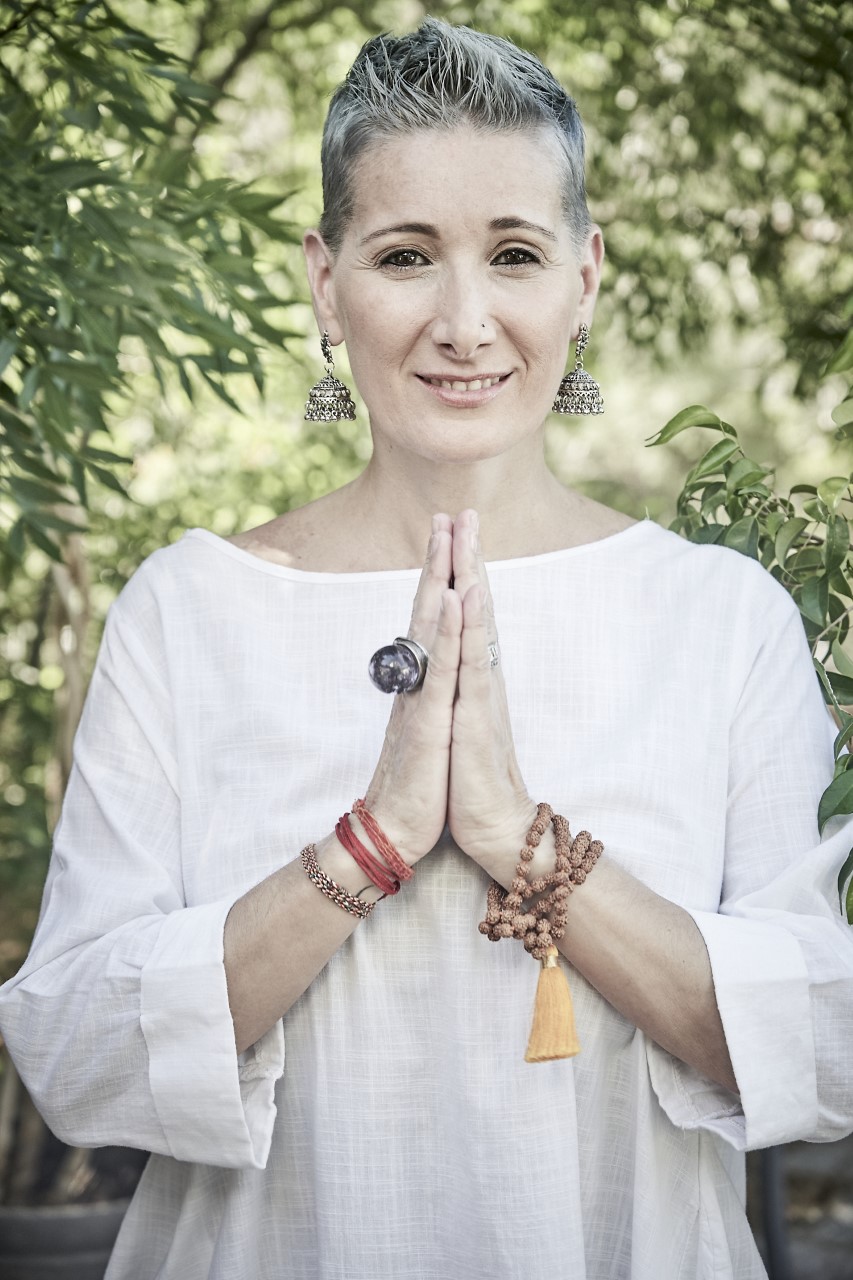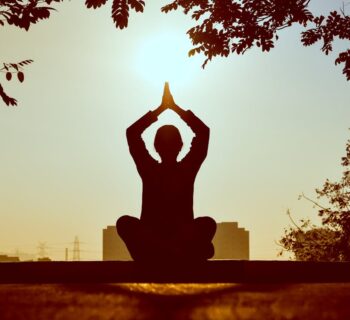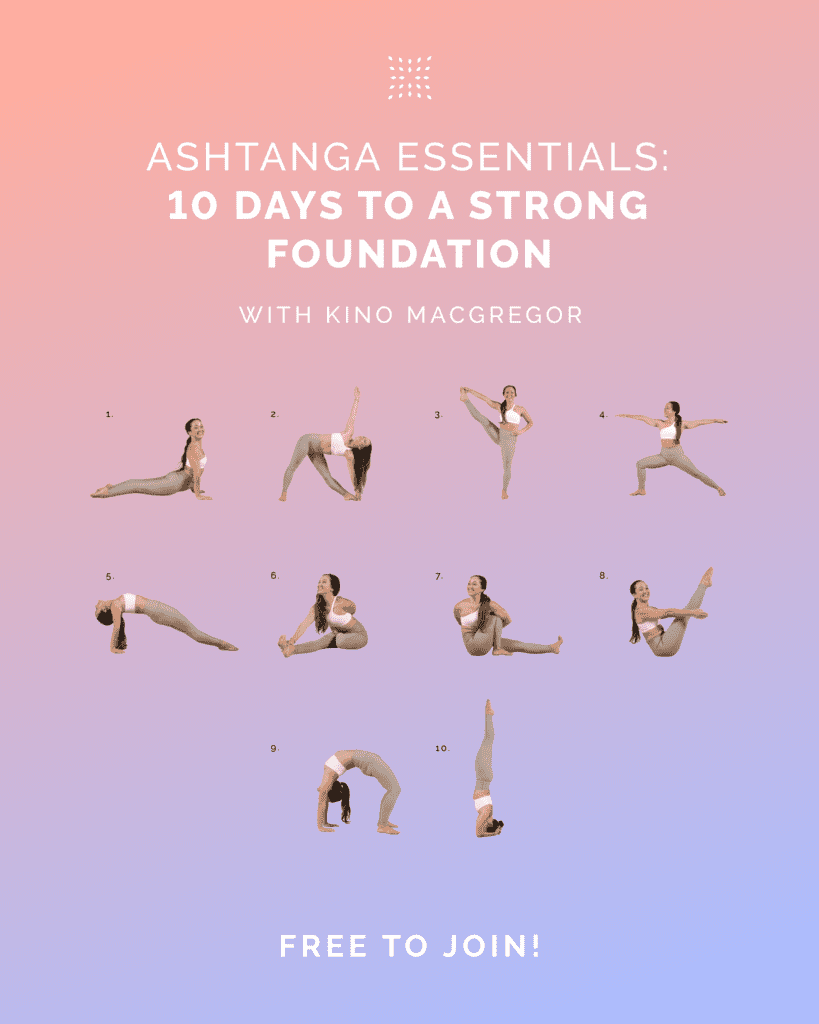Our bodies have internal wisdom that guides us through life harmoniously, the natural cycles of the body are meant to be aligned with the natural cycles of Mother Earth. That is why it is very important to listen to our bodies and honor those cycles.
Often when we think about healing, we compartmentalize the process. Rather than integrating body, mind, and soul, we focus on the part that we perceive to be hurt or damaged. As an Ayurvedic counselor, I use -for both myself and my clients- the wonders of this ancient science to integrate body, mind, and soul.
Ayurveda originated in India over 5,000 years ago and since then it has had a continuous tradition of professional practice, research, and education. It has become an integral part of the culture and daily lifestyle in India and currently around the world. During the last thirty years, many original Ayurvedic Sanskrit texts have been translated into various languages and the study of Ayurveda has expanded tremendously. This has gradually led to the current popularity of Ayurveda in the West. Ayurveda is a Sanskrit word that translates to the science or wisdom of life. ‘Ayur’ means life and ‘Veda’ means wisdom, knowledge, or science.
Ayurveda is a system of healing with one of its main goals being to preserve health and prevent illnesses by creating a balanced lifestyle. Ayurveda teaches us to live in harmony with nature. Our bodies have internal wisdom that guides us through life harmoniously, the natural cycles of the body are meant to be aligned with the natural cycles of Mother Earth. That is why it is very important to listen to our bodies and honor those cycles. Going to sleep when the moon rises and waking up when the sun comes out is part of our nature, yet we condition our bodies to stay up late watching TV or engaging in social media and therefore wanting to wake up late which makes our body feel out of balance when we do that for a long period of time. Our bodies not only will follow the night and day routines but also seasonal food and environment if we allow it.
Ayurveda is a complete system of care that takes all our being into consideration; as we are body, mind, and soul we cannot focus on maintaining the health of one part but not the other. Ayurveda encompasses tools and treatments that will benefit and keep our physical body, mind, and consciousness healthy and in balance.
What makes Ayurveda unique?
- Ayurveda does not focus on the symptoms but on the root cause that creates those symptoms.
- It takes into consideration the uniqueness of the individual.
- It is holistic and inclusive of all aspects of the individual: Body, mind, and spirit.
- It offers natural ways to prevent and treat diseases and maintain health.
- It has a big emphasis on prevention through daily routines according to each individual’s unique constitution, environment, and climate.
- It empowers everyone to take responsibility for their own well-being and health.
- It is effective.
How does Ayurveda operate?
Everything in the physical world is composed of the five fundamental elements of nature: Space, Air, Fire, Water, and Earth. These five elements give rise to the three doshas or humors of the body that create our main constitution or Prakruti. Our constitution never changes, it’s the same from the moment that we are born until the moment that we leave the body, although, the elements of our constitution can become disruptive creating imbalances ultimately leading to illnesses.
The three doshas are the three energies governing all the functions in the body, while modern medicine is based on the structure of the body, Ayurveda is based on the energy behind that structure. The three doshas are: Vata, Pitta, and Kapha.
Why is important to know our Prakruti or constitution?
In order to have a balanced and healthy life, we have to know what we are made of. Each dosha requires a lifestyle, food, and practices (like individualized yoga asanas, breathing techniques, and meditation) that help us to maintain our health and well-being in harmony and balance.
Vata’s main elements are ether and air, and the energy of action, transportation, and movement. The qualities of Vata are dryness, roughness, lightness, coldness, subtleness, and mobility. Some of the functions that Vata governs are the breath, speech, removal of waste, sense of touch, all movements of the body, and absorption of nutrients.
Vata can get aggravated during fall and winter, or by eating too many dry or raw foods, drinking very cold beverages, exposure to cold and wind, prolonged fasting, interrupted sleep, and excessive exercise or movement.
You know if your Vata is aggravated because your skin becomes very dry, your hair, eyes, lips, and joints. You feel bloated, gas, and dehydrated. You can also feel restless in the mind, anxious, fearful, or insecure.
Vata people tend to be slim and slender, either short or tall with prominent bones. Their metabolism and sleep patterns can get disturbed easily, they tend to be talkative and use hand gestures to speak. The Vata mind is always busy, from one thing to another and they worry about everything, they are creative, and they like to go with the flow. Their slogan is “what if” or “can I change my mind?”
To restore the balance of Vata we have to apply the opposite qualities of cold, dry, light, and mobile. We slow down, add some weight and stability, eat delicious warm soups and foods, and structure time with regular routines that give us foundation and framework to our lives.
Pitta’s main elements are fire and water, and the energy of transformation, conversion, and digestion. The qualities of Pitta are oily, sharp, hot, light (luminosity), acidic, spreading, and liquid. Some of the functions that Pitta governs are the digestion, assimilation of nutrients, transformation of food, maintenance of body temperature, and critical thinking.
Pitta is easily aggravated during summer or when exposed to extreme heat, also by eating very sour, salty, or spicy food, excessive alcohol, and extreme competition. When your Pitta is aggravated, you can feel emotions of anger and frustration, physically you can develop excessive acne, oily skin, skin conditions (psoriasis or eczema), acid reflux, hyperacidity, and sharp headaches.
Pitta people are medium build and height, with strong muscles. Sharpness is the main characteristic of Pitta physically and mentally. Pitta people are great speakers and go straight to the point, they tend to be goal-oriented, and love to plan. Their slogan is “my way or the highway”.
To restore the balance, we have to apply the opposite qualities. It is important to avoid constant competitiveness and extreme heat. Create a friendly environment, add sweet fruits to the diet, and take walks in nature.
Kapha’s main elements are water and earth, and the energy of construction, lubrication, and nourishment. The qualities of Kapha are moist, cold, heavy, static, sticky, soft, slow, and smooth. Kapha governs the body’s lubrication, moistens the joints, provides stamina and strength, and tissue development. Kapha gets aggravated especially during the late winter, spring, and rainy season, also by eating too much sweet or salty foods, excessive eating and drinking, and lack of exercise and excessive sleep. Feeling heaviness in the body and the mind, or when your digestion is becoming slow, feeling sluggish or lethargic, depressed or sad, are signs of Kapha aggravation.
Kapha people are well built, full-bodied people. Their features are rounded – Round face, round big eyes, roundish nose, and sweet looks. They have long and thick hair. They are loving, nurturing, caring, and are peacemakers. They want everybody to be happy. Their slogan is “Don’t worry, be happy.” They have good endurance and strong immune systems. They are good listeners and speak very little. At times they tend to be shy and a bit lazy. Kapha tends to cause weight gain and water retention, causing swelling.
To restore balance to Kapha we integrate light and warm foods, exercise, and practice decluttering the space.
We all have the three doshas but one or two are going to be more dominant in our condition. Most people are dual doshic (Vata-Pita/Vata-Kapha/Pita-Kapha) or tri-doshic (Vata-Pita-Kapha).
How can you integrate basic Ayurvedic principles into your life?
- Know your constitution so you can understand what foods are the most appropriate for you. Food can be medicine for one person, and poison for another one. You can take this quick assessment.
- Create a daily routine:
- Wake up 30 min. earlier so you can add to your morning some extra time for a quick walk, mindful breathing, or 15 minutes workout.
- Drink a fresh ginger-lemon tea with a sprinkle of raw honey on an empty stomach.
- Eat only when your previous meal has been digested.
- Drink enough water to hydrate your body:
- Vata types: 6-8 glasses per day
- Pita types: 5-6 glasses per day
- Kapha types: 4-5 glasses per day
- Ultimately, live in harmony with your environment and the people around you.

Esther Rodriguez Brown was born and raised in Barcelona, Spain. Since a very young age, she showed her passion for helping others and got involved in several social justice organizations.
She arrived in the United States in 2001 and in 2007 she founded The Embracing Project (TEP), a grass-roots non-profit organization that services children survivors of sex trafficking and gang violence. Until she opened TEP drop-in center, the first in Nevada for children survivors of trafficking, she served youth in the streets of Las Vegas using her car as her main office and many times opening the doors of her home for those youth who needed it. Esther traveled around the world to continue her service to humanity and in particular, children and women survivors of trauma, expanding services in several countries. In 2019, Esther merged TEP with a national organization to focus on her other passion, holistic healing, Yoga, Ayurveda, and Jyotish.
Esther founded Ego Friendly Living in 2016, a company based on the principle of compassion, self-healing, and self-empowerment, focusing on body, mind, and soul, through the practices of self-care and self-love. Her experience working with vulnerable populations and survivors of complex trauma gives her a unique perspective to facilitate healing practices and to teach how trauma can affect our emotional and physiological bodies.
Esther has a master’s degree in Psychology. She is an Ayurvedic Health Counselor, Vedic Astrologer, and a 200 YTT with studies in Yoga Nidra. Esther travels yearly to India to continue her studies related to body, mind, and soul to share that wisdom with others.
She is the author of The Power of Your Hands. Mudras for your everyday life. Available in Amazon. She is a recognized national and international speaker and has been recognized in national and international media, documentaries, books, and film and has received many awards for her humanitarian work with children affected by violence.
Find her on Instagram @Esther_Brown_Inspire
and on her website, https://www.egofriendlyliving.com.
Photo by Mohamed Nohassi on Unsplash










